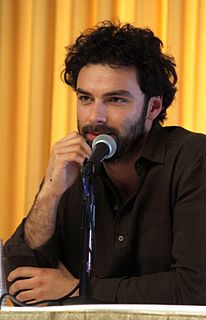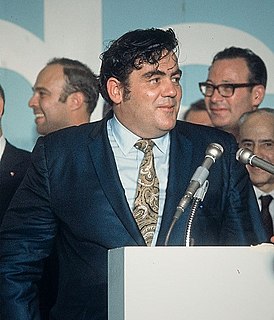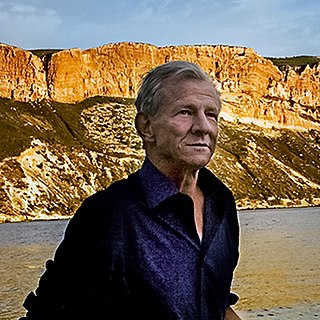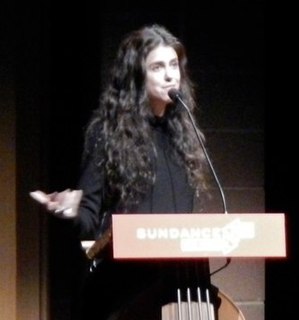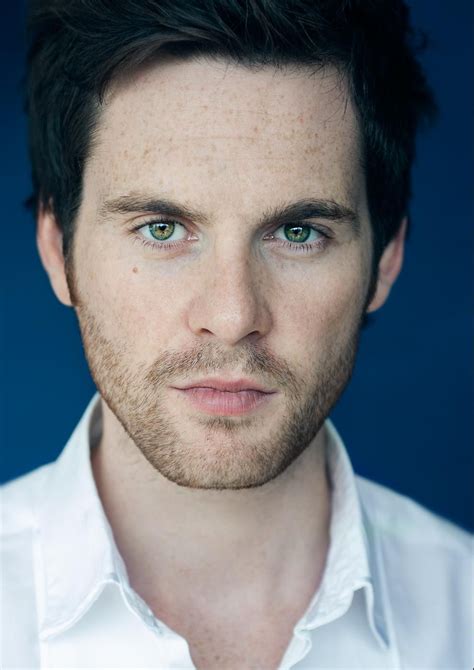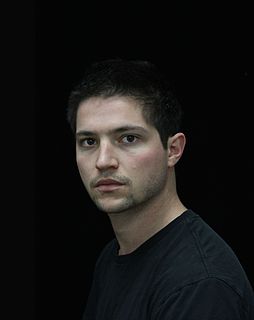A Quote by Aidan Turner
I don't speculate too much about the future. That's the thing about this job - it's so fickle. You take the jobs, you read the scripts and, if something interests you and you like the people who are working on it, you go for it.
Related Quotes
The test for me, when I read other people's scripts, is whether I feel like there's something about me that is the best person to tell this story. I have a pretty high bar for myself. There's a lot of scripts that I read and think, "Oh, this is great, but I think there are 50 other directors who could bring this to the cinema."
The idea that you won't have a job is a real fear that people go through, so when people talk about jobs and say, 'I'm gonna create jobs!' or, 'There's gonna be a loss of jobs,' those are just words. But the reality of someone actually losing their job - I mean, it's their entire life for most people in this country.
A lot of people worry much too much about what their children are reading... If a child picks up a book and reads something she has a question about, if she can go to her parents, great. Or else they will read right over it. It won't mean a thing. They are very good, I think, at monitoring what makes them feel uncomfortable. If something makes them feel uncomfortable they will put it down.
The other great thing about it, that seems to be the case in streaming, is that a lot more scripts are written before you start. Because they are planning on allowing it all up at one time, you have four or five scripts to read and an outline of where it's going to go. The writers aren't chasing their tails as much. You're able to see the beginning, middle and end of a storyline, and that is rare. Streaming allows that, in a way that network TV doesn't.
The time is a thing; you don't have so much time. A good trick is to try and think about a way to use material from one occupation for the other. It's like going through working a day job, this is so dumb to say, but you know how Julian Schnabel made those crockery paintings while he was working as a short-order cook? It's like that, using what is around, transforming that to create meaning and make art. Trying to take nothing and make... something.
When I'm talking about the white working class, here's what I'm defining: high school degree, no more, and working in a blue-collar job or a low-skilled service job. When I'm talking about the white, upper-middle class, I'm talking about people who work in the professions or managerial jobs and have at least a college degree.
A lot of actors choose parts by the scripts, but I don't trust reading the scripts that much. I try to get some friends together and read a script aloud. Sometimes I read scripts and record them and play them back to see if there's a movie. It's very evocative; it's like a first cut because you hear 'She walked to the door,' and you visualize all these things. 'She opens the door' . . . because you read the stage directions, too.
